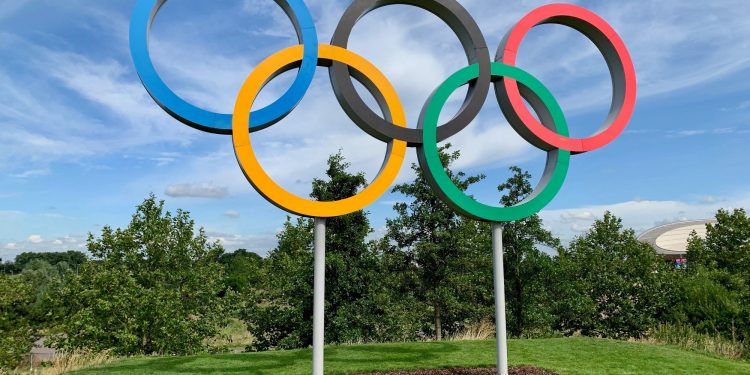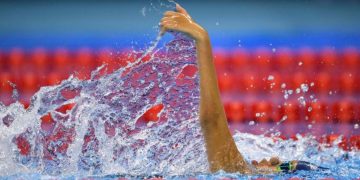Before Colin Kaepernick, about half of all American sports fans agreed with the statement “sports and politics should not mix”. In the same national survey conducted in 2016, only 20% supported athlete activism, while the remaining 30% chose not to commit either way.
In four short years, that sentiment has changed. In a recent survey by Nielson, a whopping 72% believe that athletes are an important influence in the Black Lives Matter (BLM) movement, and 59% expect athletes to personally help in supporting or advancing BLM activism. That demand that athletes take a stand for some of society’s biggest issues has now spread to the Olympics.
The current guidelines
At the moment, Rule 50 of the Olympic Charter still applies, that is – “No kind of demonstration or political, religious or racial propaganda is permitted in any Olympic sites, venues or other areas.” The rationale is that focus should be placed on the sport, its values, and the athlete’s performance; after all, sport is neutral and should be separate from political, religious, or other types of interference.
Historically, the International Olympic Committee (IOC) has also accommodated few acts of political expression – black US sprinters Tommie Smith and John Carlos were banned from the Olympics following their iconic salute against racial inequality in the 1968 Mexico City games. Gestures of a political nature, such as kneeling or hand signals, displaying of political messaging in armbands or signs, and the refusal to follow protocol are all considered as unacceptable forms of protest.
The pressure to change
While the IOC confirmed its apolitical stance earlier this year, the ban on protests has come under fire following a surge in support of the BLM movement around the world. The upward trend reached its tipping point with George Floyd’s death in US police custody in May, as the world watched a white Minneapolis officer kneel on Floyd, an African-American’s neck for nearly nine minutes.
Associations who had been notoriously unyielding towards any kind of demonstration or political activism started allowing liberties for the first time. FIFA, the world’s governing body for all things football, urged football competition organisers to apply ‘common sense’ and consider not sanctioning players who demanded justice for Floyd. The NFL also expressed solidarity towards players speaking out against racism, when it’d previously pulled the plug on Kaepernick’s career over the same call to arms just years ago.
In favour of athlete activism at the Olympics
According to the CNA, the IOC has hinted that it may be willing to soften its stance and consider incorporating ways of ‘dignified’ protest, amid consultations with the Olympic Athletes Commission. John Carlos (the OG activist from the 1968 Olympic Games) and other US athletes have also called for the abolition of Rule 50, saying that “Athletes will no longer be silenced”.
World Athletics President, Lord Sebastian Coe, seems to agree, telling reporters during a recent inspection of the new Tokyo National Stadium that if an athlete wishes to take the knee on a podium, he’d be supportive of that. He added that “athletes are a part of the world and they want to reflect the world they live in”, and that, to him was acceptable as long as it is done with complete respect for other competitors. This differs significantly from current IOC consensus, which Coe is a member of.
The issue at large
Before the IOC decides, boundary-defining questions like “what constitutes a ‘dignified’ protest”, “what are the penalties arising from breaches”, and “should self-expression be allowed in any circumstance” will have to be addressed. Leadership, both within the IOC and the 205 national Olympic committees, will need to throw their weight behind a climate that encourages dialogue between athletes who want to speak up for who they are.
Careful treading is needed; as Chelsey Gotell, chairperson of the International Paralympic Committee’s athletes’ council, puts it, “The last thing we want to do is create a free-for-all where athletes are free to protest on any subject they like, including ones the wider world will find repulsive.”
With rising impetus to the ‘athlete’s voice’, it’s no longer a question that sports should align with causes that fight against racism (like BLM) and other forms of discrimination. The key will be in ensuring the focus is placed on furthering the cause should policies change, rather than as lip service or in response to a blanket call-to-action.
Join the conversations on THG’s Facebook and Instagram, and get the latest updates via Telegram.














